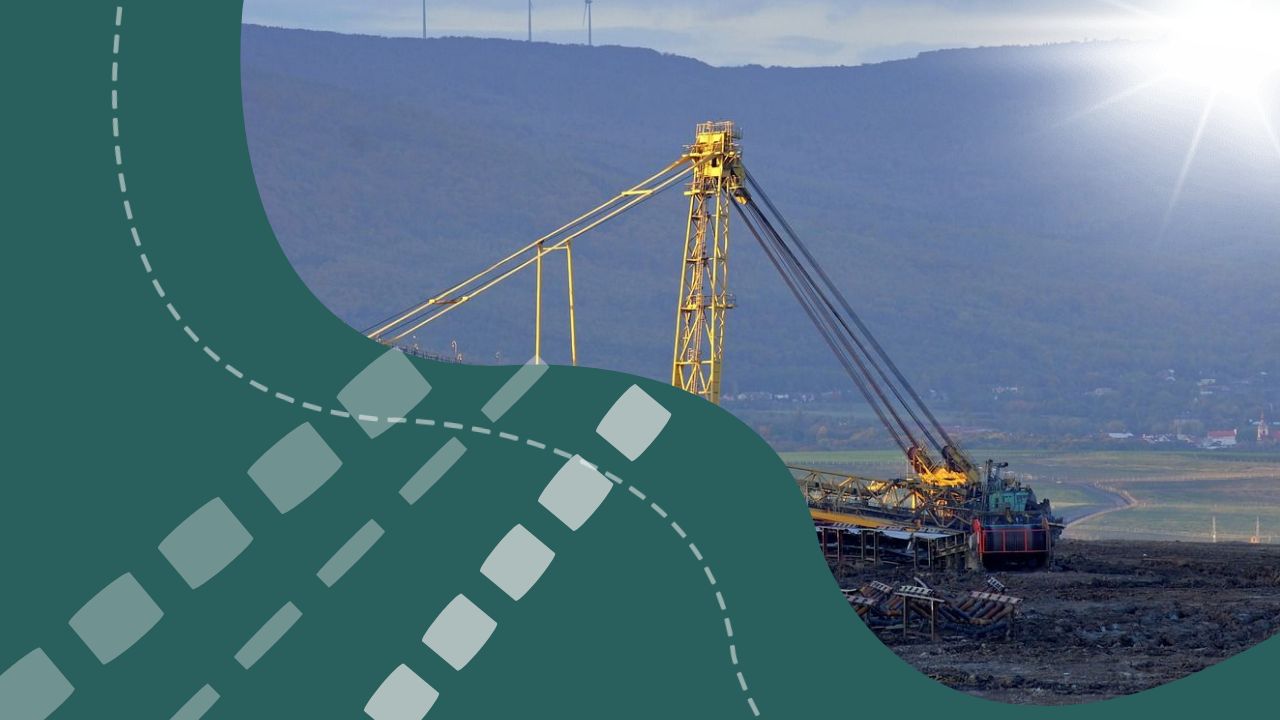A new ARTE documentary has spotlighted a bauxite mine in central Greece as the European Union’s only domestic source of gallium — a critical mineral essential to the production of solar panels, LED lights, and smartphones. The project aims to bolster Europe’s strategic autonomy by reducing reliance on Chinese imports, which currently dominate the global gallium market.
The gallium extraction initiative, tied to the historic Aluminum of Greece plant operated by Metlen, has been officially designated as a Strategic Project under the EU’s Critical Raw Materials Regulation (CRMA). Gallium is primarily derived as a by-product of alumina production from bauxite, positioning Greece at the centre of the EU’s clean energy and digital transformation plans.
Prime Minister Kyriakos Mitsotakis highlighted the investment’s national significance, noting it is part of a wider €2.4 billion wave of projects approved across Europe. In his weekly address, Mitsotakis emphasized the role of gallium in creating a domestic value chain for semiconductor manufacturing and Europe’s broader technological independence.
“This investment lays the groundwork for a high-tech value chain that contributes to Europe’s productive autonomy,” he stated, citing a €3.6 million state-supported plan to launch Greece’s first Semiconductor Competence Center in partnership with HETiA.
Currently, the majority of the world’s gallium is sourced from China, with additional production in Russia, Germany, Kazakhstan, and Japan. However, Europe’s efforts to scale its domestic production include both primary mining and secondary recycling of gallium-rich electronic waste.
Gallium-based compounds like gallium arsenide and gallium nitride are used widely in semiconductors, laser diodes, and infrared applications. With 95% of global gallium supply allocated to the semiconductor sector, Greece’s emerging role could prove pivotal in supporting the EU’s climate and digital goals.

